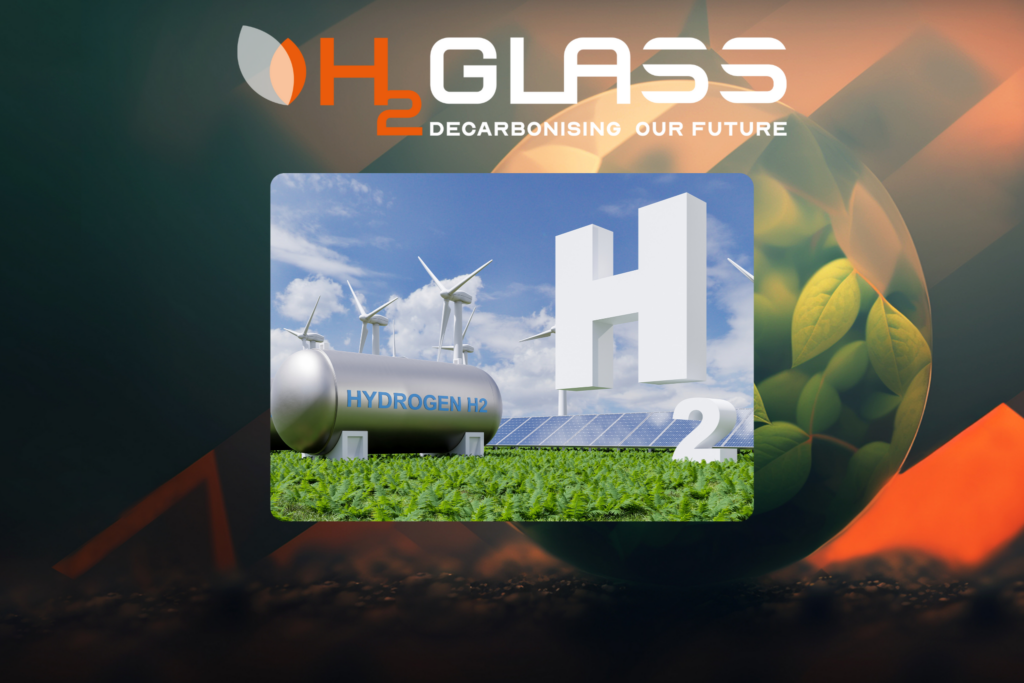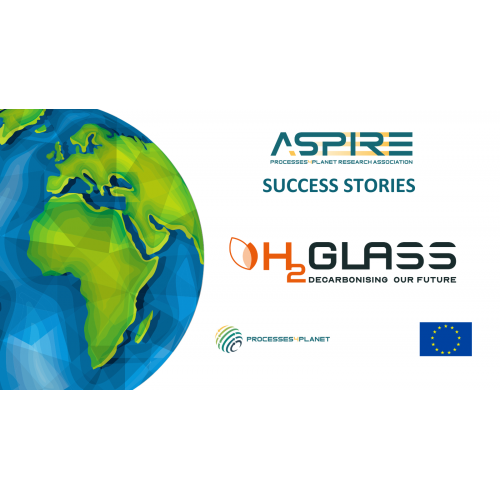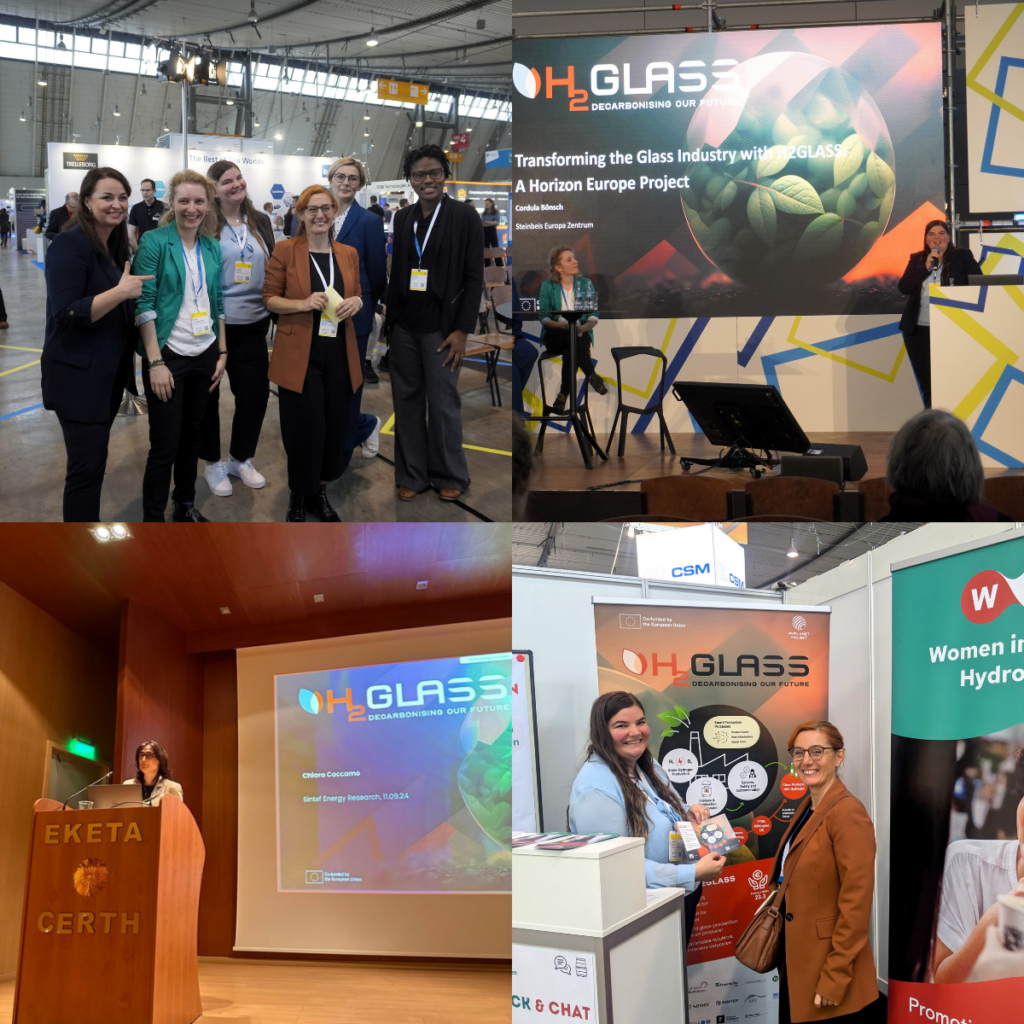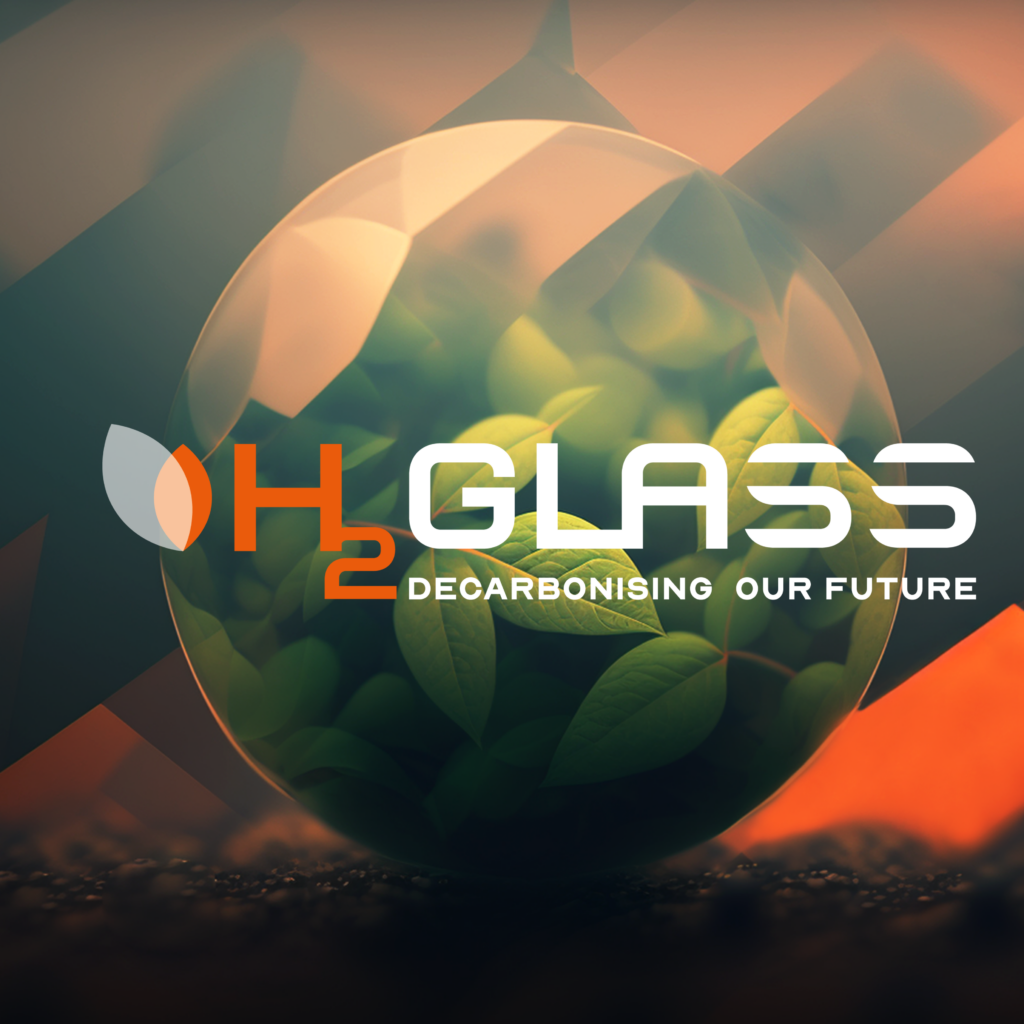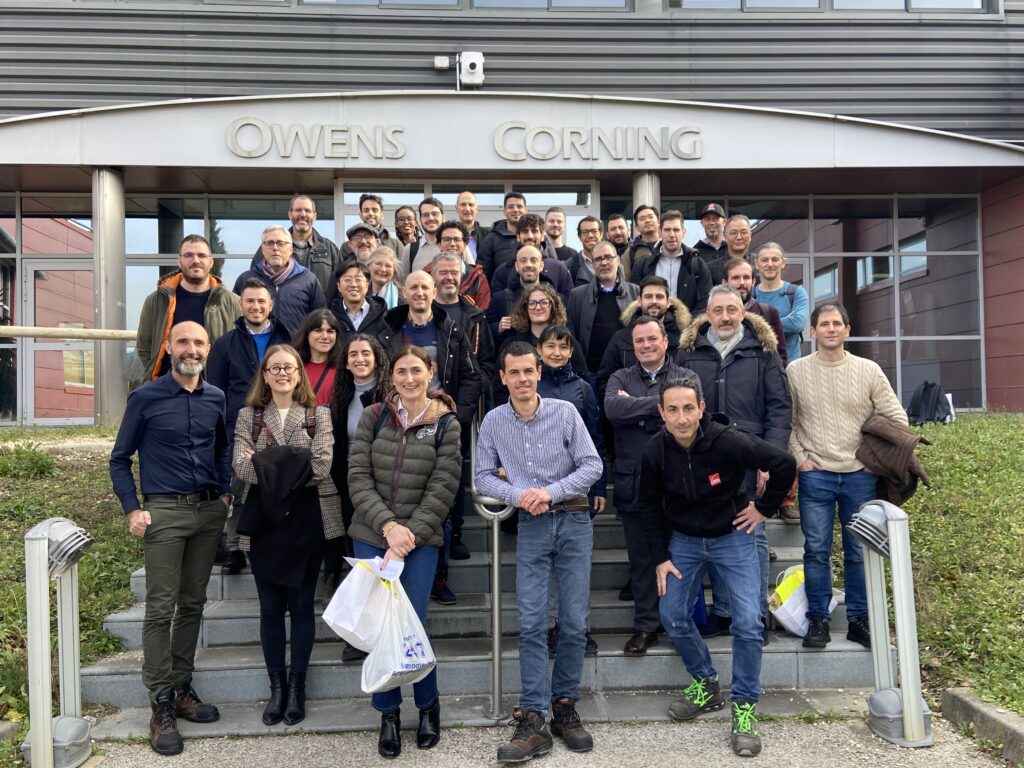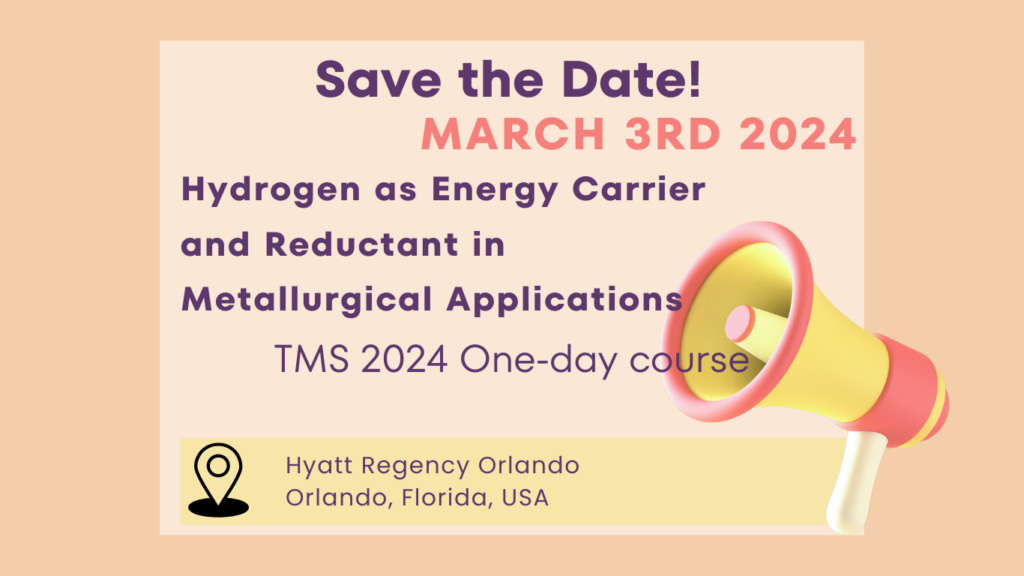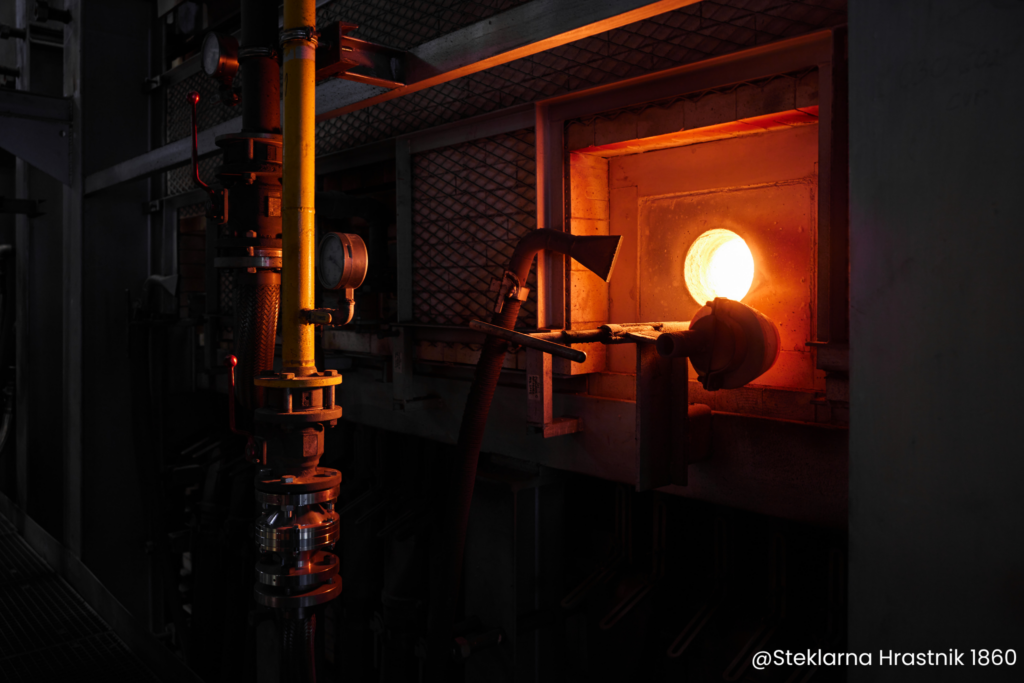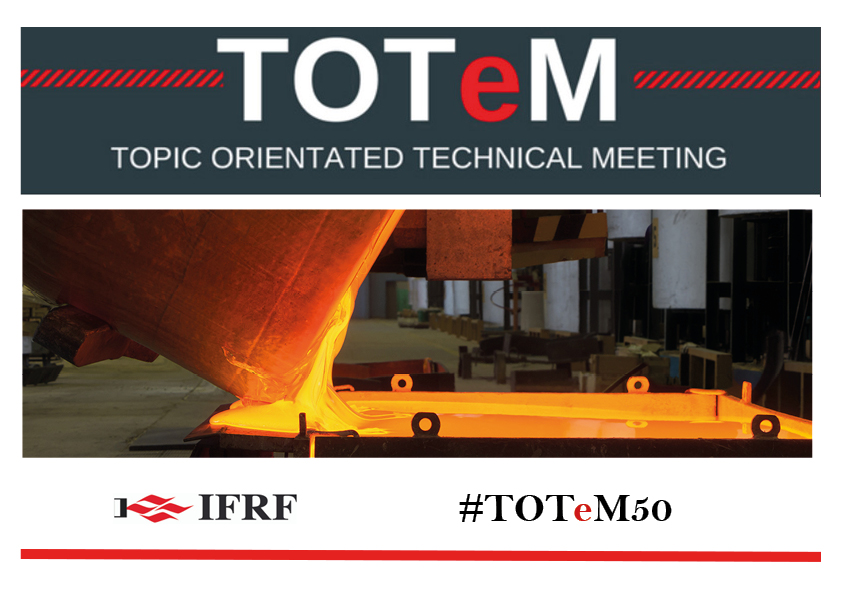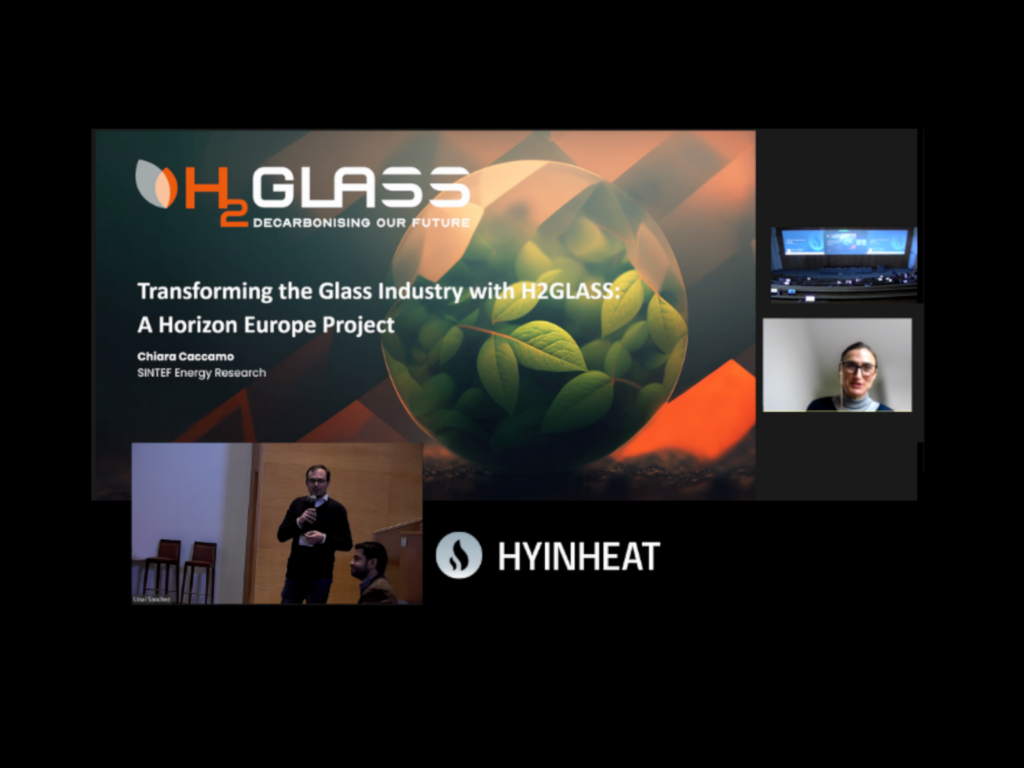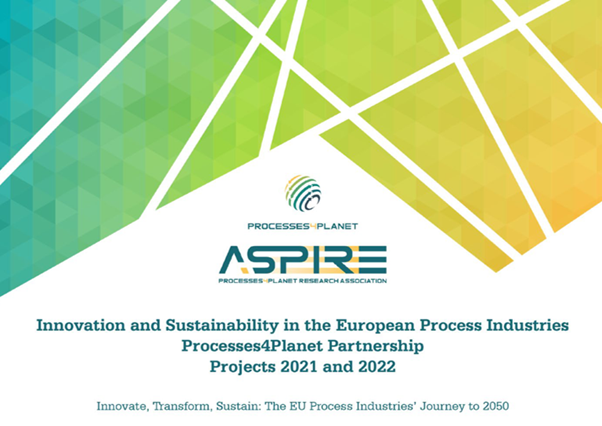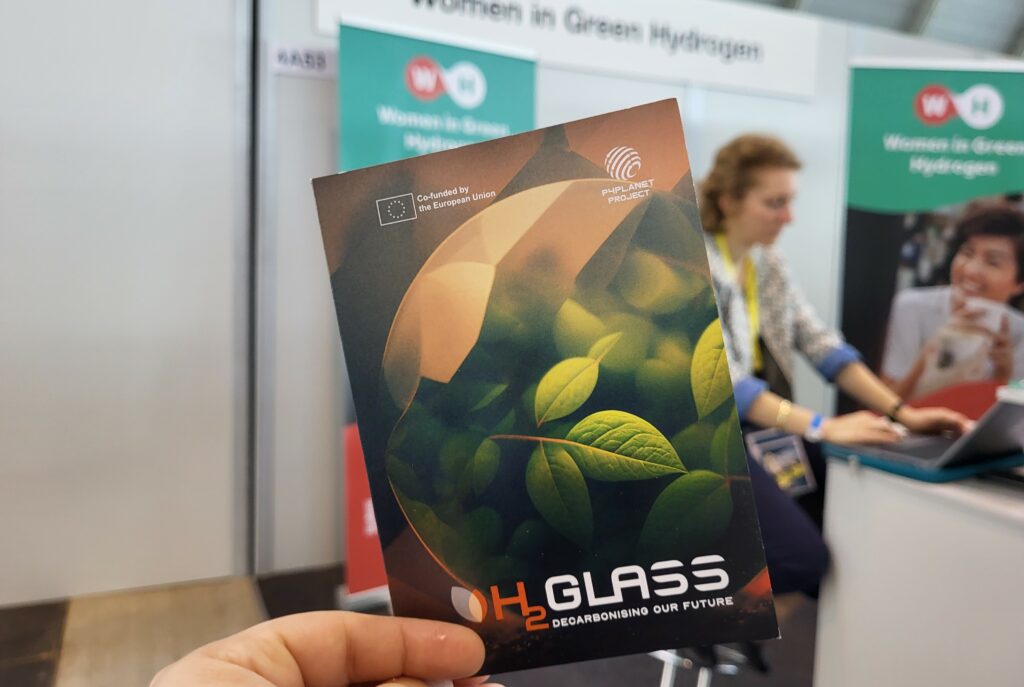Decarbonising the glass industry with hydrogen technologies
H2GLASS is an EU-funded project.
It is committed to accelerating decarbonisation in the glass industry by developing and applying the technology stack needed to realise full H2 combustion in glass production facilities. The consortium is made up of six Industrial Demonstrators representing major players of the glass and aluminium industries, along with a group of highly qualified industrial and research institutions. Together, they will develop, test and validate the H2GLASS technologies and demonstrate their transferability to other hard to abate industries.
Why focus on decarbonising the glass industry?
Glass is in increasing demand. It is easy to recycle and plays a pivotal role in the world of sustainable materials. However, its energy-intensive production processes and significant carbon emissions pose challenges in achieving the EU’s ambitious target of net zero emissions by 2050. The lifetime of a glass furnace is around 12-15 years, which underlines the urgency for innovation, considering that 2050 is only two furnaces away.
Why use H2 technologies for decarbonising the glass industry?
Replacing fossil fuels with green hydrogen can substantially reduce CO2 emissions without increasing other harmful emissions such as NOx. In contrast to other alternative energy sources, H2 can increase the energy efficiency of air-fuel combustion and enable higher furnace throughput without negatively affecting the lifetime of a furnace. In addition, different H2 concentration mixtures can be used without affecting product quality, thus offering flexibility between natural gas and electricity.
Does H2 offer a safe alternative to fossil fuels?
Hydrogen is already widely used in various industrial applications and is considered a safe fuel source. But scaling up this utilisation and developing new technologies always comes with challenges. For H2GLASS, safety is a top priority and it will have a dedicated focus on safety and risk management. It includes the implementation of detailed safety protocols specifically designed for the secure handling and combustion of hydrogen aligned with the European Hydrogen Safety Panel.
Can H2GLASS solutions help decarbonise other energy-intensive industries?
H2GLASS aims to transfer the developed H2 technology to other major EU industries, as illustrated by the aluminium use-case. Both, the glass and the aluminium industry are energy-intensive sectors that play a crucial role in producing sustainable and recyclable products. They have similar furnaces, processes, and share common challenges regarding the integration of fossil fuel alternatives into the production process. One of the Industrial Demonstrators in H2GLASS is then from the aluminium sector.
Key Numbers
Number of Partners
23
Number of Countries
8
Industrial Demonstrators
6
Funding in Million Euro
23.3


